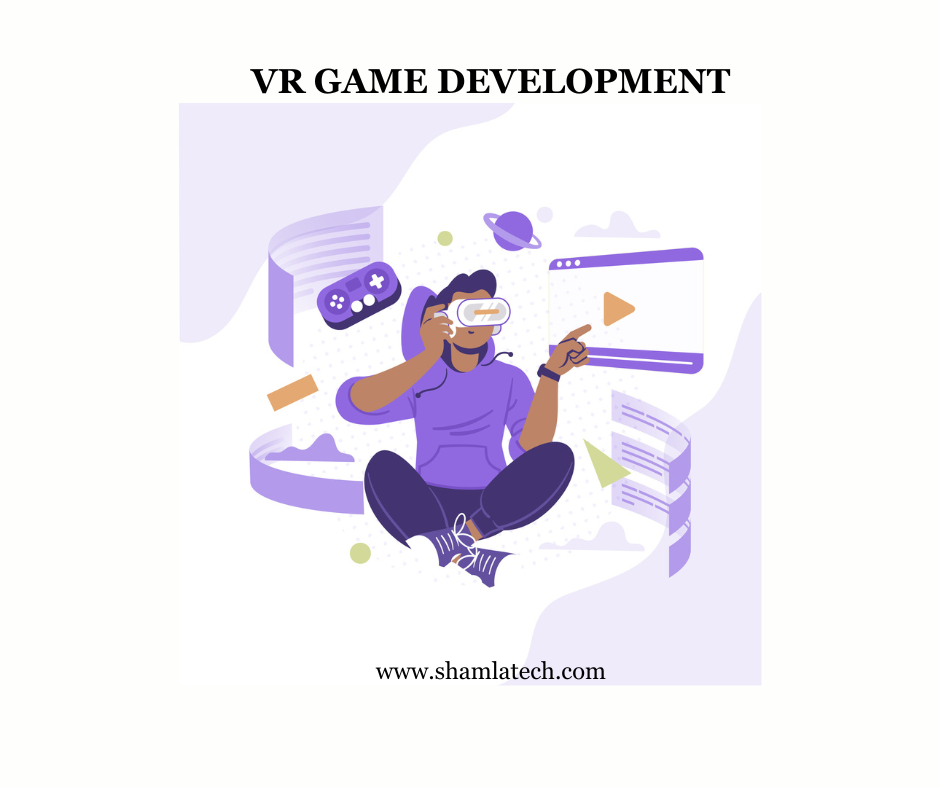To develop a virtual reality (VR) game, you will need a combination of hardware, software, and skills. Here's an overview of what you'll need:
1. Hardware:
· VR Headset: A VR headset is the primary hardware component for experiencing virtual reality. Examples include Oculus Rift, HTC Vive, Valve Index, PlayStation VR, or Oculus Quest.
· Motion Controllers: These handheld devices allow players to interact with the virtual environment. They provide precise tracking of hand movements and enable intuitive interactions within the VR game.
· PC or Console: Depending on the VR platform you choose, you'll need a capable computer or gaming console that meets the VR system requirements.
2. Software:
· VR Development Environment: Unity3D and Unreal Engine are popular game engines that support VR development. These engines provide tools, libraries, and APIs to create VR games efficiently.
· VR SDKs: Software Development Kits (SDKs) specific to the VR platform you're targeting, such as Oculus SDK, SteamVR, or PlayStation VR SDK. These SDKs enable integration with the VR hardware and provide APIs for tracking, rendering, input, and other VR-specific features.
· 3D Modeling and Animation Software: Tools like Autodesk Maya, 3ds Max, or Blender are commonly used for creating 3D models, animations, and assets for VR games.
· Texturing and Graphics Software: Applications such as Adobe Photoshop or Substance Painter help in creating high-quality textures and graphics for VR game assets.
· Audio Editing Tools: Software like Audacity or Adobe Audition is useful for creating and editing immersive audio experiences in VR games.
3. Skills:
· Programming: Proficiency in programming languages like C# or C++ is essential for game logic, physics, AI, and VR integration.
· 3D Design and Modeling: Knowledge of 3D design principles and software is necessary for creating game assets, characters, environments, and animations.
· User Experience (UX) Design: Understanding how to design intuitive and comfortable VR experiences for users is crucial for creating engaging VR games.
· Audio Design: Skills in creating and editing sound effects and immersive audio environments enhance the overall VR experience.
· Problem Solving and Testing: Ability to identify and fix bugs, optimize performance, and conduct thorough testing to ensure a smooth VR experience.
It's important to note that VR game development is a collaborative process, often requiring a team with diverse skills, including game designers, artists, programmers, and sound designers. Collaboration tools and good communication among team members are crucial for successful VR game development.





Comments